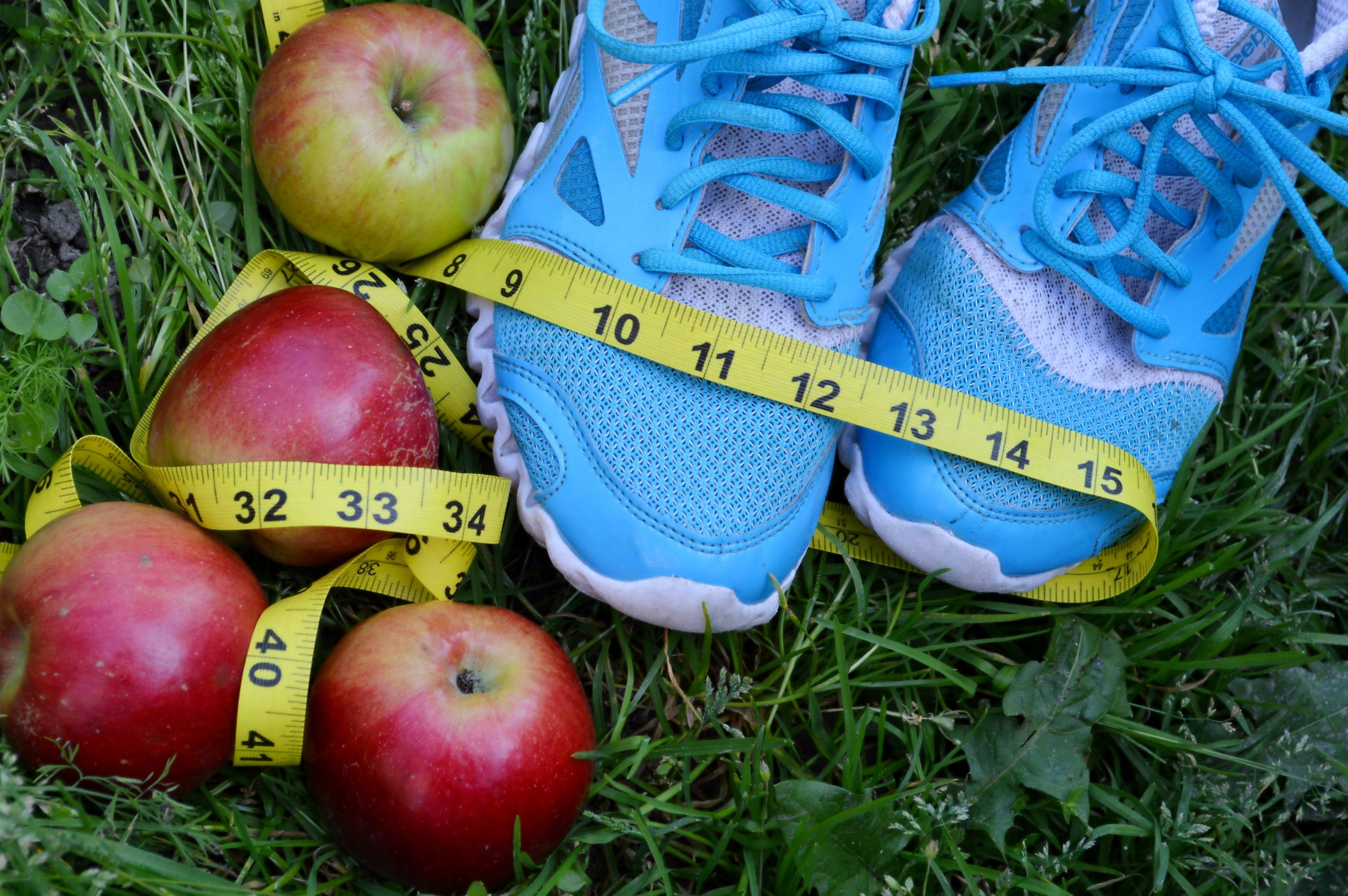Running nutrition: how to prepare, compete and recover
By Josh Stroud, Sports Nutritionist

Running nutrition: how to prepare, compete and recover
Posted on Tue Feb 26, 2019
So, you’ve worn in your running shoes, set your training plan and dug out your lucky socks; have you thought about nutrition? Whether it’s a sprint, 10k or a marathon, good nutrition is a key factor to make sure your training goes well, you perform as best you can and you reduce the risk of injury.
Pre-exercise prep
Don’t ditch the carbs
Primarily, this means eating right to give your body enough energy. The energy you eat should match what you use up during exercise. This means that during exercise your body’s fuel stores are not depleted and you avoid muscle breakdown.
The majority of your energy or calorie intake should come from carbohydrates such as cereals, bread, potato, rice, pasta, fruits and vegetables. These foods need to be prioritised when you are planning your meals.
Carbohydrate is important because it’s required to maintain glycogen – your muscles’ energy stores and prevent fatigue.
While training, carbohydrate should equal 55-60% of total calorie intake. For someone training for 1-3 hours per day this works out as 6-10 grams of carbohydrate per kilogram of bodyweight per day. This means that a little more than half of your total energy or calories in a day need to come from foods rich in carbohydrate.
But don’t forget protein and fats
Protein and fat should equal 25% and 15-20% of total calorie intake respectively. The body has a constant need for protein. Runners require between 1.2 and 1.8 grams of good quality protein such as eggs, meat, fish per kilogram of bodyweight per day.
Protein intake should be spread throughout the day as the body can only process a certain amount at any one time.
A well-balanced diet will provide all of the other nutrients that a runner requires, however calcium may be worthy of special attention.
Our mums were right; milk gives you strong bones
Runners have an increased need for calcium as it’s important for muscle function and bone strength. Runners may be prone to stress fractures which can be diagnosed in the early stages by a MRI scan. To ensure sufficient calcium intake eat include green, leafy vegetables and dairy products in your diet. DEXA scans have shown bone mineral density to be greater in runners consuming dairy products; greater bone mineral density = greater bone strength = less chance of fractures.
Last bit of prep
Nutrition preparation finishes with the pre-event meal. Eat 3-4 hours before the event, include 150-300 grams of carbohydrate and relatively little fibre, fat and protein. This will ensure that the meal is digested easily and glycogen stores are replete before exercise begins.
During your exercise
Once into your run, hydration management is important. The human body is approximately 60% water and losses occur more rapidly when exercising. Just a 2% reduction in body water can impair performance. It’s important to keep hydrated before exercise begins and to drink 1 litre of water per hour (ideally 250 millilitres every 15 minutes).
To increase the rate of water uptake by the body, try adding up to 80 grams of carbohydrate and 3 grams of sodium per litre of water. This will have the added benefits of extra fuel for energy and replacing salts lost through sweat.
Post-workout recovery
Once the event has finished, recovery begins. The main nutritional aim of recovery is the replenishment of glycogen stores. Ultrasound imaging has shown glycogen stores to be over 75% depleted following prolonged exercise.
Carbohydrate drinks could be used if quick recovery is needed. However, a post-event meal that contains 1 gram of carbohydrate per kilogram bodyweight plus protein, for example cereal with milk or a sandwich with a meat or dairy filling, is ideal for recovery and repair. This meal should be eaten within a 4 hour window that opens when exercise stops.
Have a food plan
A sports nutritionist will be able to help you translate the science into a food plan to make sure you are getting the right carbohydrates and protein and other nutrients into your daily diet to meet your training, competition and recovery goals.
Oryon Imaging offers affordable private MRI scans, Ultrasound, X-ray and DEXA in London. Get in touch if you’re interested in finding out more about our services.
Email: imaging@oryon.co.uk
Tel: 020 7042 1888
Josh Stroud BSc (Hons), MSc Sport Exercise & Nutrition Science
Share this article
Most Recent
Posted on Tue Jul 1, 2025
How Long Does A Shoulder MRI Take?
Posted on Thu Jun 26, 2025
Posted on Thu Jun 26, 2025
Stay up to date
If you’re interested in keeping up with what we’re doing, just leave your email address here and we’ll send you periodic newsletters and other updates.





